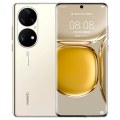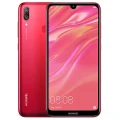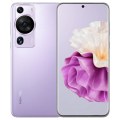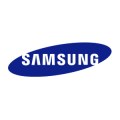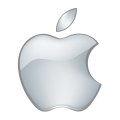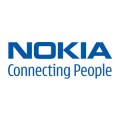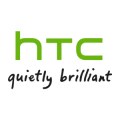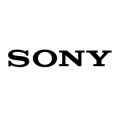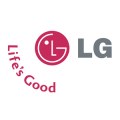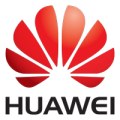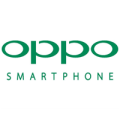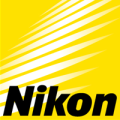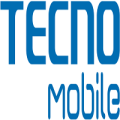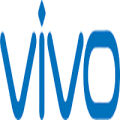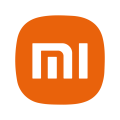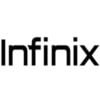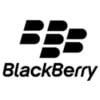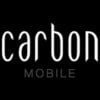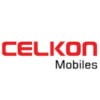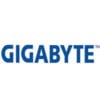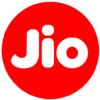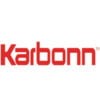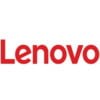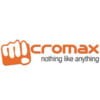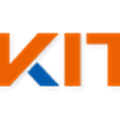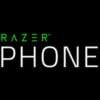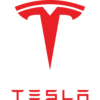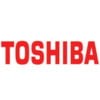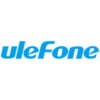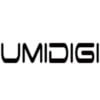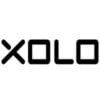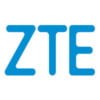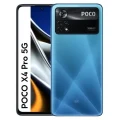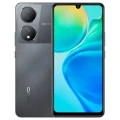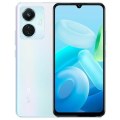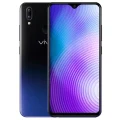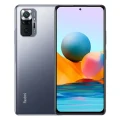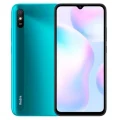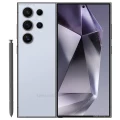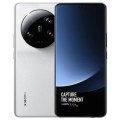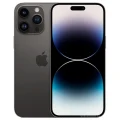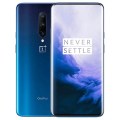- Awesome page
- Latest Mobile
- Smartphones
- Huawei Nova 9
Huawei Nova 9
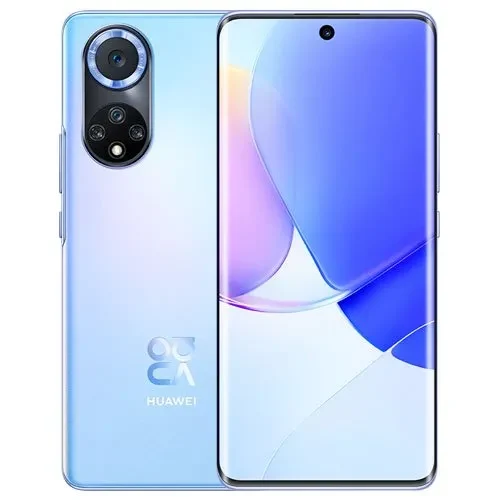


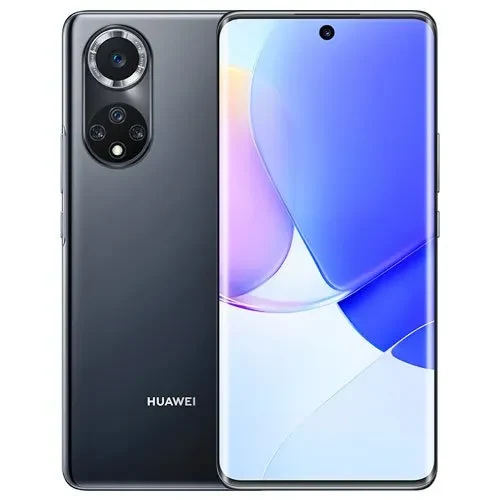
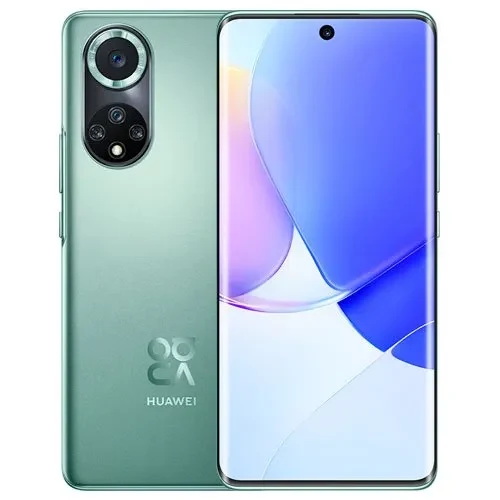
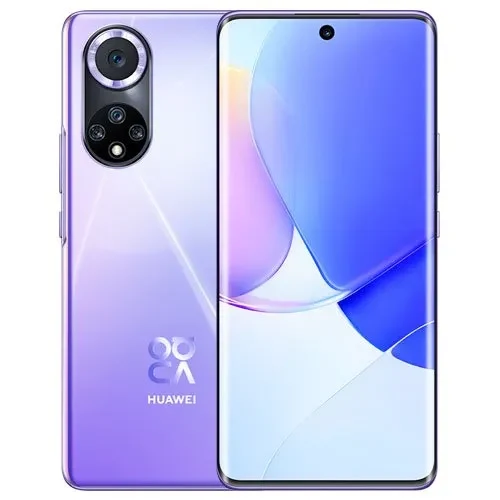
Huawei Nova 9 Price in Bangladesh (2024)
The Huawei Nova 9 is now available in Bangladesh in two storage options: 128GB and 256GB, both featuring 8GB of RAM. As of 2024, the Huawei Nova 9 price in Bangladesh is BDT 55,000. This model is powered by the Qualcomm SM7325 Snapdragon 778G 4G (6 nm) chipset and runs on HarmonyOS 2.0.
Specifications
General
| Model | Huawei Nova 9 |
| Announced | 2021, September 23 |
| Released | 2021, September 30 |
| Status | Available |
| Official price | ৳55,000 |
Design
| Dimensions | 160 x 73.7 x 7.8 mm (6.30 x 2.90 x 0.31 in) |
| Weight | 175 g (6.17 oz) |
| Colors |
Starry Blue, Black, Green, Violet |
Network
| Technology | GSM / CDMA / HSPA / LTE |
| 2G Network |
GSM 850 / 900 / 1800 / 1900 - SIM 1 & SIM 2 CDMA 800 |
| 3G Network |
HSDPA 800 / 850 / 900 / 1700(AWS) / 1900 / 2100 |
| 4G Network |
1, 2, 3, 4, 5, 8, 18, 19, 26, 34, 38, 39, 40, 41 |
| GPRS <strong>GPRS</strong> (General Packet Radio Service) is a packet oriented mobile data service on the 2G and 3G cellular communication system's global system for mobile communications (GSM), Generally, GPRS is used for the purpose of wireless data transfer, such as sharing pictures and videos or browsing the Internet via a mobile phone connection. | |
| EDGE <strong>EDGE</strong> (Enhanced Data GSM Environment) is a wireless network technology generally considered the next step in the 2G network offers data transfer rates up to four times faster than ordinary GSM networks, Generally, EDGE is used for the purpose of wireless data transfer, such as sharing pictures and videos or browsing the Internet via a mobile phone connection. | |
| Speed | HSPA 42.2/5.76 Mbps, LTE-A |
Display
| Display Type <strong>Display Technology => </strong> A number of display technologies and types used in mobile phones => TFT (Thin Film Transistor), IPS (In-Place Switching), OLED (Organic Light Emitting Diode), AMOLED (Active-Matrix Organic Light-Emitting Diode), Super AMOLED (an even advanced version of AMOLED), Resistive Touchscreen (Resistive touchscreens contain two layer of conductive material with a very small gap between them which acts as a resistance), Capacitive Touchsceen (Capacitive touchscreen technology consists of a layer of glass coated with a transparent conductor) | OLED capacitive touchscreen, 1B colors |
| Size | 6.57 inches, 106.0 cm2 (~89.9% screen-to-body ratio) |
| Resolution | 1080 x 2340 pixels, 19.5:9 ratio (~392 ppi density) |
| Features |
120Hz, HDR10 |
Camera
Main camera
| Camera Setup | Quad |
| Primary <strong>Camera</strong> is able to capture photographs and usually videos, The most important characteristics of a camera are the resolution (measured in megapixels), lens focus type (fixed or automatic), higher megapixel cameras are known to capture higher quality photos, but not always a good measurement of the photos quality. |
50 MP, f/1.9, 23mm (wide), PDAF 8 MP, f/2.2, (ultrawide) 2 MP, f/2.4, (depth) 2 MP, f/2.4, (macro) |
| Features |
LED flash, panorama, HDR |
| Video | 4K, 1080p, 720p@960fps, gyro-EIS |
Selfie camera
| Camera Setup | Single |
| Primary <strong>Camera</strong> is able to capture photographs and usually videos, The most important characteristics of a camera are the resolution (measured in megapixels), lens focus type (fixed or automatic), higher megapixel cameras are known to capture higher quality photos, but not always a good measurement of the photos quality. |
32 MP, f/2.0, (wide) |
| Features | HDR |
| Video | 4K@30fps, 1080p@30fps, gyro-EIS |
Hardware
| Chipset <strong>Chipset</strong> is a group of integrated circuits designed to perform one or a more dedicated functions, often with real time computing constraints, Popular smartphones are equipped with more advanced embedded chipsets that can do many different tasks depending on their programming. | Qualcomm SM7325 Snapdragon 778G 4G (6 nm) |
| CPU <strong>CPU</strong> (Central Processing Unit) mostly known as processors, CPU processes instructions in order to carry out certain functions that make your device operate properly. Processors are often described as the brain of computers, smartphones and tablets, Smartphones and tablets rely on processors to carry out their every task, Processors are an incredibly important factor in selecting any type of computing device, including your smartphone. | Octa-core (4x2.4 GHz Kryo 670 & 4x1.8 GHz Kryo 670) |
| GPU <strong>GPU</strong> (Graphics Processing Unit) is a single-chip processor designed to rapidly manipulate and alter memory to accelerate the creation of images in a frame buffer intended for output to a display, This includes things such as lighting effects, object transformations, and 3D motion. | Adreno 642L |
| RAM (Memory) <strong>RAM</strong> (Random Access Memory) is a type of computer memory that can be accessed randomly, any byte of memory can be accessed without touching the preceding bytes that allows information to be stored and accessed quickly from random locations. RAM is the most common type of memory found in computer systems, smartphones, tablets and other electronic devices. | 8 GB |
| Internal Storage <strong>Internal Storage</strong> is a data storage space (flash memory) mostly used in smartphones, tablets and other electronic devices where operating system, apps, music, photos, videos, files and other user data Is stored. | 128/256 GB UFS |
| Sensors <strong>Sensors</strong> are electronic components that detects and responds to some type of input from the physical environment. The specific input could be light, heat, motion, moisture, pressure and location, The output is generally a signal that is converted to use in computing systems, a location sensor, such as a GPS receiver is able to detect current location of your electronic device. |
Fingerprint (under display, optical), accelerometer, gyro, proximity, compass |
Connectivity
| Bluetooth <strong>Bluetooth</strong> is a wireless communications technology for exchanging data between mobile phones, headsets, computers and other network devices over short distances without wires, Bluetooth technology was primarily designed to support simple wireless networking of personal consumer devices. | 5.1, A2DP, LE |
| Infrared <strong>Infrared</strong> connectivity is an old wireless technology used to connect two electronic devices. It uses a beam of infrared light to transmit information and so requires direct line of sight and operates only at close range. | |
| USB | USB Type-C 2.0, USB On-The-Go |
| GPS <strong>GPS</strong> The Global Positioning System is a satellite-based radio navigation system, GPS permits users to determine their position, velocity and the time 24 hours a day, in all weather, anywhere in the world, In order to locate your position, your device or GPS receiver must have a clear view of the sky. | Yes, with A-GPS. Up to tri-band: GLONASS (3), BDS (3), GALILEO (2), QZSS (2), NavIC |
| NFC <strong>NFC</strong> (Near field communication) is a set of standards for smartphones and similar devices to establish peer-to-peer radio communications with each other by touching them together or bringing them into proximity, usually no more than a few inches. |
Battery
| Battery Type <strong>Battery Type => </strong> Cell phones run on various kinds of batteries depending on the manufacturer, phone size or shape and features. There are basically four types of cell phone batteries => Lithium Polymer, Lithium Ion, Nickel Metal Hydride and Nickel Cadmium. | Non-Removable Li-Po |
| Capacity <strong>Battery Capacity</strong> is a measure (typically in Amp-hr) of the charge stored by the battery, and is determined by the mass of active material contained in the battery. The battery capacity represents the maximum amount of energy that can be extracted from the battery under certain conditions. | 4300 mAh |
| Charging Charging | Fast charging 66W, 100% in 38 min (advertised) Reverse charging |
Huawei Nova 9 Review: A Stylish Smartphone for Photography Lovers
The Huawei Nova 9 is more than just another mid-range smartphone—it’s positioned as a device for users who value elegant design, exceptional camera capabilities, and smooth performance. With a focus on capturing stunning visuals and offering a refined user experience, this phone is an appealing option for tech enthusiasts, smartphone users, and photography lovers alike.
But does the Nova 9 meet expectations in a competitive market? This in-depth review explores its key features, design, camera performance, software, and value for money.
Design and Display
The Huawei Nova 9 is an aesthetic marvel, blending modern design with premium build quality. Available in eye-catching colors such as Starry Blue and Black, the phone features a sleek, glossy finish and ergonomic curved edges, making it a joy to hold.
The Nova 9 showcases a 6.57-inch OLED display that supports a resolution of 1080 x 2340 pixels (FHD+). The 120Hz refresh rate delivers smooth scrolling and an incredibly responsive touch experience, which is particularly enjoyable for gaming and navigating apps.
Highlights of the Display
- Brightness: Impressively bright, even under direct sunlight, ensuring readability outdoors.
- Color Accuracy: Vivid and well-calibrated colors make watching videos and viewing photos a visual treat.
- Resolution: The FHD+ resolution is sharp enough for day-to-day use, while the OLED panel provides deep contrasts and vibrant blacks.
The Nova 9 strikes a perfect balance between style and functionality, giving you a premium device that garners attention and provides a high-quality viewing experience.
Camera Capabilities
If photography is a priority, the Huawei Nova 9’s camera system won’t disappoint. This smartphone is equipped with a 50MP Ultra Vision primary camera and a supporting cast of an 8MP ultrawide camera, a 2MP macro lens, and a 2MP depth sensor. Together, these cameras work harmoniously to deliver photos that are crisp, vibrant, and full of detail.
Key Camera Features
- AI-Powered Photography: The Nova 9’s AI automatically adjusts settings based on the scene, enhancing photos in complex lighting conditions.
- Low-Light Performance: Capable of capturing impressive details in low light with minimal noise, thanks to its advanced sensor and AI Night Mode.
- Videography: It supports 4K video recording with stabilization that helps eliminate blurs, even during motion.
Selfie enthusiasts will appreciate the 32MP front camera, which captures sharp, natural-looking portraits. Whether you’re snapping photos on a sunny day or in dim light, the Nova 9 delivers performance that rivals higher-end competitors.
Performance and Battery Life
The heart of the Huawei Nova 9 is its Qualcomm Snapdragon 778G 4G chipset, coupled with 8GB of RAM. While it doesn’t support 5G, the device still offers robust everyday performance, whether you’re multitasking or playing demanding games.
Highlights of Performance
- Smooth Multitasking: Apps launch quickly and switching between them is seamless.
- Gaming Experience: Handles popular games like PUBG and Call of Duty with ease, thanks to the Adreno 642L GPU.
When it comes to endurance, the Nova 9 packs a 4,300mAh battery that lasts through a full day of moderate use. Its standout feature, however, is its 66W fast charging, which takes the phone from 0 to 70% in just about 20 minutes. Say goodbye to long charging times!
Software and User Experience
The Huawei Nova 9 runs on HarmonyOS 2.0, Huawei’s proprietary operating system. While HarmonyOS is smooth and visually appealing, it lacks Google Mobile Services (GMS). Instead, it relies on Huawei’s AppGallery for apps.
Pros of the Software
- Clean Interface: Minimal bloatware and smooth animations make for a polished user experience.
- AppGallery Ecosystem: Improved app collection and frequent updates as Huawei invests heavily in its ecosystem.
Challenges
- No Google Apps: Users who rely on Google services (like Gmail, Google Maps, and Google Drive) may need to find workarounds, such as downloading APK files or using web versions.
While HarmonyOS offers unique features and is user-friendly, the absence of GMS might be a dealbreaker for some users.
Pricing and Value for Money
The Huawei Nova 9 is priced at BDT 55,000 in Bangladesh (2024), making it a mid-range option. You can choose between 128GB and 256GB storage options, both paired with 8GB of RAM.
Competitive Pricing
At this price point, the Nova 9 offers significant value with its premium design, top-notch camera capabilities, and reliable performance. However, the competition is fierce, with smartphones like the Samsung Galaxy A72 and Xiaomi Mi 11 Lite available in similar price brackets.
For users who prioritize aesthetics and photography, the Huawei Nova 9 is a worthy contender.
Final Thoughts – Is the Huawei Nova 9 Worth It?
The Huawei Nova 9 is undeniably a stylish, feature-packed smartphone that caters to users who enjoy photography and a seamless performance. Its display is bright and vibrant, the camera system is highly versatile, and the fast charging is a lifesaver for busy individuals.
However, the lack of 5G connectivity and Google Mobile Services are factors to consider, especially for users heavily reliant on Google apps. If these aren’t dealbreakers, the Nova 9 presents an excellent mix of design and functionality at a reasonable price.
Who Should Buy It?
- Photography Enthusiasts: The camera system delivers exceptional results.
- Style-Conscious Users: Its elegant design stands out from the crowd.
- Casual Gamers: Handles moderate gaming with ease.
If you’re intrigued by the Nova 9 and want to learn more, check out our product page or visit a store near you!
